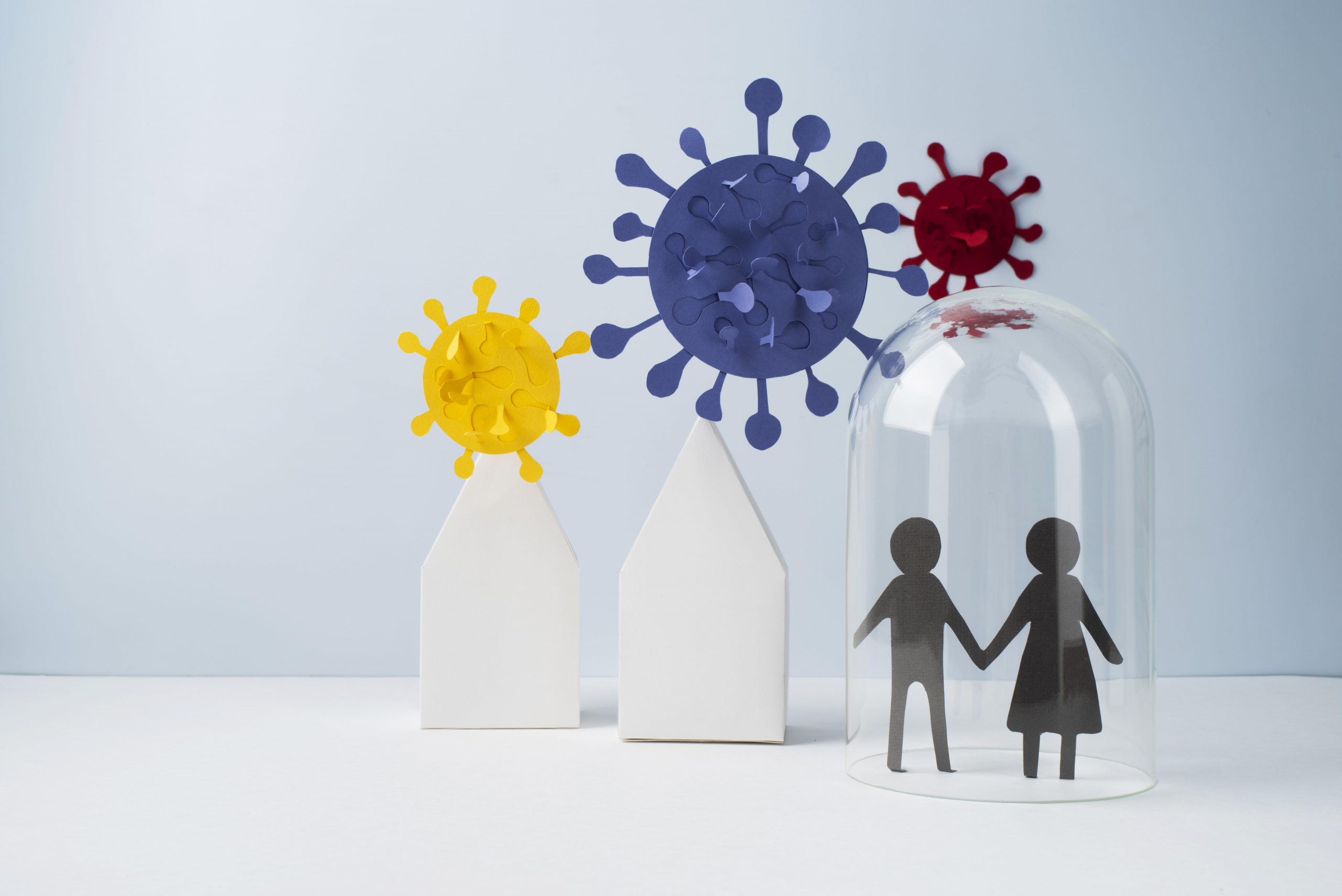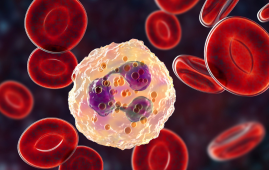

The human immune system is adaptable, remembering previous illnesses and teaching itself to protect against similar infections in the future. But what happens when people’s immune systems are impaired owing to chronic diseases, aging, or drugs that reduce immunity as a side effect?
People can get opportunistic infections in such instances since the microorganisms causing sickness would have been destroyed by a properly functional immune system. Immune suppressing conditions and medications are on the rise, as are people suffering from opportunistic infection. Researchers from the University of Missouri School of Medicine have discovered a gender difference in the trained immunological memory response to infection in mice that may be applicable to humans.
Female mice were shown to be more sensitive to opportunistic infection from a bacterial pathogen to which they had previously been exposed when progesterone levels were naturally high as part of their reproductive cycle, according to the researchers.
“Differences in immune response in males and females have been observed before. For instance, males had increased morbidity and severity of COVID-19 from SARS-CoV-2 infections,” said Adam G. Schrum, PhD, associate professor in the Department of Molecular Microbiology and Immunology. “But females are known to suffer other infections worse than males. Our research found that female mice were far more vulnerable to opportunistic bacterial infection than male mice because of a sex-based difference in their trained immunity.”
The researchers investigated if the reproductive cycle influenced immune training to explain why female and male mice’s immune systems responded differently to a bacterial infection. They discovered that higher progesterone levels were associated with lower trained immunological responses. To put this theory to the test, the researchers gave progesterone blockers to female mice and discovered that their trained immune response was boosted as a result.
“The female mice had significantly restored trained immune response when progesterone was blocked, reaching comparable levels to those of male mice,” said Schrum. “Sex hormone-based modulation of immune function needs more study to be fully understood, but as a first step we can conclude that immune training is influenced by a progesterone-dependent mechanism that results in a sex bias in mice.”
In addition to more research into how and why progesterone specifically influences trained immune responses in mice, the researchers noted that because mice have shorter estrous cycles than humans, more research into how sex hormones might affect human immune training is needed.
more recommended stories
 Silica Nanomatrix Boosts Dendritic Cell Cancer Therapy
Silica Nanomatrix Boosts Dendritic Cell Cancer TherapyKey Points Summary Researchers developed a.
 Vagus Nerve and Cardiac Aging: New Heart Study
Vagus Nerve and Cardiac Aging: New Heart StudyKey Takeaways for Healthcare Professionals Preserving.
 Cognitive Distraction From Conversation While Driving
Cognitive Distraction From Conversation While DrivingKey Takeaways (Quick Summary) Talking, not.
 Fat-Regulating Enzyme Offers New Target for Obesity
Fat-Regulating Enzyme Offers New Target for ObesityKey Highlights (Quick Summary) Researchers identified.
 Spatial Computing Explains How Brain Organizes Cognition
Spatial Computing Explains How Brain Organizes CognitionKey Takeaways (Quick Summary) MIT researchers.
 Gestational Diabetes Risk Identified by Blood Metabolites
Gestational Diabetes Risk Identified by Blood MetabolitesKey Takeaways (Quick Summary for Clinicians).
 Phage Therapy Study Reveals RNA-Based Infection Control
Phage Therapy Study Reveals RNA-Based Infection ControlKey Takeaways (Quick Summary) Researchers uncovered.
 Pelvic Floor Disorders: Treatable Yet Often Ignored
Pelvic Floor Disorders: Treatable Yet Often IgnoredKey Takeaways (Quick Summary) Pelvic floor.
 Urine-Based microRNA Aging Clock Predicts Biological Age
Urine-Based microRNA Aging Clock Predicts Biological AgeKey Takeaways (Quick Summary) Researchers developed.
 Circadian Control of Neutrophils in Myocardial Infarction
Circadian Control of Neutrophils in Myocardial InfarctionKey Takeaways for HCPs Neutrophil activity.

Leave a Comment